By way of delegation, the US government seeks for our voices to be heard and the general agenda of The People to become the law of the land; however, centralized powers have sprung up between the original vision of our founders and the current state of our Democracy.
Lobbyists have long influenced the will of Congress, and campaign financiers ensure that politicians supporting their agendas are the ones voted into office. The Central Banking system, is exactly that, centralized; and The Big Tech Technocracy is gaining influence over politicians at an exponential rate. The Big Tech Technocracy also threatens to abolish our sovereignty by owning our Metadata and surveilling our digital actions.
Our Democracy is becoming a Plutocracy. A governance system where the wealthy are in control over the law of the land.
Truly decentralized blockchain governance, gives us future hope that the ethics and values of The People will once again be built into the law of the land.
Qortal Minting and the Qortal On-Chain voting system can provide an equal distribution of wealth opportunity and representative voting power to its community. The vision of Qortal’s blockchain governance is a model for other blockchains to emulate.
But before we delve into Qortal’s minting and future voting system, let’s discuss the two primary global, centralized powers: Central Banks and The Big Tech Technocracy.
The Central Banking System
The Central Bank of the United States, a.k.a. The US Federal Reserve manipulates the value of the US dollar through Keynesian monetary policies. They increase or decrease the existing supply of money by controlling the exchange rate of banks or by using US treasury debt to purchase or sell bonds. This authority to effect price and rate is borderline hypocrisy: If a group of traders attempted to impact price action in a market by dominating the supply, the SEC would investigate them. But when governments use “monetary policy” to manipulate rate, which causes inflation and reduces our buying power, it’s acceptable?

Some may think that because these practices are done by government agencies acting in The People’s interest, that it is okay. They may say, “The Federal Reserve performs such actions to provide economic stability and employment for US citizens.” But the actions of the Federal Reserve have far-reaching impacts to our entire global population of close to 8 billion, not just the United States.
The rise in prices around the world, linked to the US petrol dollar, can send smaller sovereign nations into a tailspin of hyperinflation. And the impacts of inflation on the unbanked is practically impossible to access. Historically, as inflation sensitive currencies collapse, US dollars are reluctantly adopted by such nations after the fall out. This is because US dollars are their best choice (well, maybe before Bitcoin).
In this way, the Keynesian economic system of currency manipulation continues to thrive, even while many aspects of the Central Banking system put it at odds with the values of our Democracy’s founders.
True decentralization sees no borders. True decentralization will help us to escape inflation, because it will provide a way for the community to ensure that cryptocurrencies running on truly decentralized blockchains are fair and equitable.
And because truly decentralized blockchain governance will reflect the will of the people within its protocol, the protocol itself will eventually be built to demand inflation protection, more on this in a bit when we discuss blockchain governance.
The Big Tech Technocracy
Another example of centralized power that the founders of our democracy could never have anticipated, is the unbridled control that the Big Tech Technocracy has over the world. By way of a piece of legislation called Section 230: Google, Facebook, Microsoft, and Amazon could de-platform internet content providers at their discretion. Anthony Pompliano, long-time crypto enthusiast is the latest example of de-platforming. He elucidates the issue below:
The power of the Big Tech Technocracy goes beyond their ability to silence our voices at their whim. They also collect, analyze and package all our data (every click, like and dislike, even our conversations are monitored)—and they’re able to know our habits even better than we do. And then they resell our metadata, like we are cattle on the open market (after applying the machinery of AI supercomputing to anticipate our purchasing behaviors).
The Big Tech Technocracy profits off the continual surveillance of our minutest actions.
Our interconnected cameras are their eyes; the microphones embedded in our cell phones, smarts speakers, and fire TVs are their ears; their body monitoring systems on or smart watches is their skin. These new smart devices can even link our body’s metadata like heart rate, body temperature, and perspiration to our emotional responses to information we are looking at on a screen, or even the music that we are listening to in a car.

AI systems, like Watson, have already more accurately identified cancer better human doctors; this AI ability will only get exponential better over time. AI systems with massive amounts of data will be able to predict our behaviors better than our closest friends and family. While we are taking in data in the form of entertainment, articles, videos, etc., we are feeding these systems the imprint of ourselves:
“If Kindle is upgraded with face recognition and biometric sensors, it can know what made you laugh, what made you sad and what made you angry. Soon, books will read you while you are reading them.”― Yuval Noah Harari, Homo Deus: A History of Tomorrow
When power becomes monopolized, and out of The People’s hands, authoritarian control over The People rises. Blockchains can redistribute such centralization in a systematic way to ensure that power doesn’t go unchecked.
The powers imbedded in blockchains are inherent within their protocols. Code is the new law. Here is a summary of some existing governance structures to help provide context for blockchain governance:
Corporate power structures:
- Corporations consists of consumers who use their products and services, shareholders, and an executive team. Take a company like Google. Those who watch Google’s free YouTube videos are the consumers. We agree to use Googles’ products and sign a privacy agreement allowing them to collect, examine and sell our metadata by which they profit from.
- In a corporate structure like Google, the Google executive team serves the shareholders’ interests. The executive team will also serve the interest of the consumer, only insofar as the consumers interests’ lead to long-term, sustainable profits for the Corporation. In other words, they care about the consumer only as a means toward profit. Public corporations are ultimately driven toward this kind of mindset, as shareholders will eventually vote in a team to drive profit for shareholders.

- In corporate structure, the shareholders that hold the most shares, receive more voting power. Power in this sort of structure is collected and controlled by the wealthy. This is a centralized system of control that serves the interest of the wealthiest shareholders, a plutocracy.
- Corporate structures also have oligarchic elements. An oligarchy is a system of governance in which an unelected group has power over the entire system. You will see that centralized blockchains, whose protocols are controlled by teams without community influence, essentially operate as oligarchies… which are much like corporations where the executive team is not chose by the community of consumers, but rather by shareholders.
Democratic Power Structures
- Of course the most familiar governing structure to us in the United States is Democracy. In a democracy, the US Congress is the governing body that creates the law of the land. They are our delegates that are voted in and trusted to carry out the principles of the country. They appeal to the interest of the public and rally for support. We vote delegates in as representatives of our values, and we expect them to act in accordance with those values. This representative system will be discussed in relationship to blockchain governance.
- Key point: your everyday citizen does not understand law, writing law, and working with other congressman to get laws to pass by vote. Therefore, by delegating a congress to represent our interests, our voices are reflected in bills that are passed.
- In theory, a democratic system is a decentralized system as the total community’s voice is represented within the rule of the land, because we nominated those individuals to create those laws. But it does have its shortcomings, such as campaign finance abuse, lobbyist’s influence, or the ability to pass legislation that ultimately takes power away from its citizens (such as section 230, and invasive surveillance and banking regulation through the Patriot Act and the Bank Secrecy Act… but this is a digression deserving of much more discussion in another article).
- Equal weight voting among constituents also means that the voices of non-contributors to society carry the same influence. This opens the door for many to try and game the system through dishonest practices such as escaping taxes, with arguments like, “I will not pay taxes to a corrupt system,” or by taking part in social programs that they are not necessarily entitled to receive money from.
With blockchain governance, the code is the law of the land. But how do decentralized blockchains ensure that code will always reflect the principles and values of the community?
In Bitcoin, decentralized blockchain governance is maintained by ensuring that the community’s voice is represented by way of the full node operators. They get to choose whether new code (updates) is adopted into the system or not. But this has its disadvantages:
- Operating a full node does not mean you are a developer, or enough of an expert to know the ins and outs of the code itself.
- Even though the protocol updates are in the hands of the full node operators in Bitcoin, soft forks can still be accomplished without consent of the full node operators… as only the consent of miners is needed for soft forks to take place within the Bitcoin protocol.
- Updating code in Bitcoin is painstakingly difficult. On one level, this is a good thing. Grid lock in Washington, for example, ensures that major changes require majority agreement for implementation. Therefore, significant changes to the US law must be secured by the consensual agreement of our delegates; however, in technology, decentralized platforms compete with centralized platforms, that is… with the Big Tech Technocracy. How can Bitcoin compete long term on a software level with centralized conglomerates that have the ability to change code on a whim? (Blockchains need to find a way to be nimble and offer competitive applications to maintain fast paced development. Otherwise, centralized powers will outpace decentralized blockchains in terms of innovation).
- Lastly, most users of the Bitcoin network do not opt in to become full node operators; by not becoming a full node operator, you do not have a voice in future protocol adoption.
Essentially, Bitcoin has avoided oligarchic governance by giving power to the community of full node operators; however, the full community (which is everyone who owns Bitcoin) does not have their voices reflected in the future direction of the blockchain itself. And our voices are our power.
Is there an alternative method of governance on a blockchain that will ensure that the protocol (the code) is representative of the community, while also giving the developers the ability to update code without all the governmental red tape?
Qortal founding member, Jason Crowe, has an idea in the works which will allow Qortal to maintain decentralization, but also to allow it to remain nimble when it comes to new version releases. While the following voting system is yet to implemented, some of the key components of its governance system are already in place.
Qortal has already integrated automatic updates to its core protocol, and will be rolling out a decentralized voting system that ensures that the will of the community is reflected in its protocol.
 For an automatic update to take place, it must be cryptographically signed in a vote by the Qortal developers. The community can turn the auto-updates on or off, but frankly most will leave the auto-update turned on because your everyday computer user doesn’t understand code. Keeping the auto-update turned on ensures that the latest, most exciting protocols are running on your system.
For an automatic update to take place, it must be cryptographically signed in a vote by the Qortal developers. The community can turn the auto-updates on or off, but frankly most will leave the auto-update turned on because your everyday computer user doesn’t understand code. Keeping the auto-update turned on ensures that the latest, most exciting protocols are running on your system.
This may lead some of the more tech savvy to wonder, if automatic updates are imbedded into the protocol, how then does the community influence the direction of the project? How does it remain decentralized if the development team can change code without explicit community consent? Wouldn’t that make this a trust system, and un-decentralized? An oligarchy, where a coterie of experts are able to monopolize the law of the land or code?
In many blockchains, the developers do have control of the protocol. And this is, indeed, centralized. Granted, their protocols may be open sourced, but such blockchains do not have a method to ensure that the community’s voice—their principles and values—are systematically built into the blockchain.
As discussed, Bitcoin maintains decentralization by requiring a super majority agreement by the full node operators to complete a protocol update. But with Qortal’s development team pushing out code through automatic updates, Qortal is faced with the challenge of ensuring that the community’s voice can be represented within the protocol updates; otherwise, its power structure would be just like any other centralized oligarchy.
This next part is amazing; it is still in the works, but it may very well become the model for true decentralization across the entire crypto ecosystem.
Because the Cypherpunk principles of decentralization, privacy and equitable wealth opportunity are the core values behind the Qortal community, anyone who would like to become a developer for Qortal will first have to be voted in by the community AND approved by the development team.
Why is the community vote so important for blockchain governance?
Because this ensures that the principals and values behind the Qortal blockchain remain the foundation of all code built into the system. In an oligarchy, only the governing body gets to determine the law of the land. (And remember, in crypto code is law). The community, by taking part in the Qortal delegation process, their voice is then represented in the Qortal development team itself.
Since developers write code and essentially determine the protocol and the roadmap of the project, without an on-chain voting system… the principles and values of the community would not be able to check power. Companies like Microsoft, Google, Facebook—power is held under in its executive team. This is dangerous and centralized, as it opens the door for development in favor of those increasing wealth for the shareholders.
If code is separated from those that use its products, eventually its power structure will reflect the will of those who hold power. In other words, if developers can change code within a blockchain easily, without community consent… the entire blockchain is at the mercy of the development team. Thus, the development team MUST have a way to check power and reflect the will of the community. The voting system enables this. In fact, there could even be direct voting by the community for certain proposals before an automatic update goes out. So not only will the development team reflect the principles and values of the community, even some of the updates themselves could have a direct community vote before implementation.
Why not have all proposals go through a community vote?
It returns to the question of nimbleness. Many of the updates may be just to work out bugs or provide some cosmetic changes. The community does not have to get involved in such changes. But changes to the reward share distribution from minting, and other kinds of updates that directly impact the community… should probably have a direct community vote.
Another caveat to the Qortal voting system is that the Qortal community levels up by contributing to the network through minting. Minting is how the blockchain is verified and secured. By minting QORT (the native coin on the Qortal network), you contribute to the community as minting secures the blockchain; the more that you mint, the more security you provide, and the faster you will be able to level up. And as you level up, the more weight your voice gets.
There is a beauty to this structure… it’s a proof of contribution system. Those who do not contribute to network, will have less power within their vote. As far as governance, it builds within Qortal a meritocratic component (Meritocracy is a government where people who contribute to the greater good of society are offered a greater voice). It strikes a balance between everyone in the community having power within their vote, but also ensures that the people who have given their time, dedication and thought into Qortal, will also have a greater voice in the future direction of the project. This is only fair.
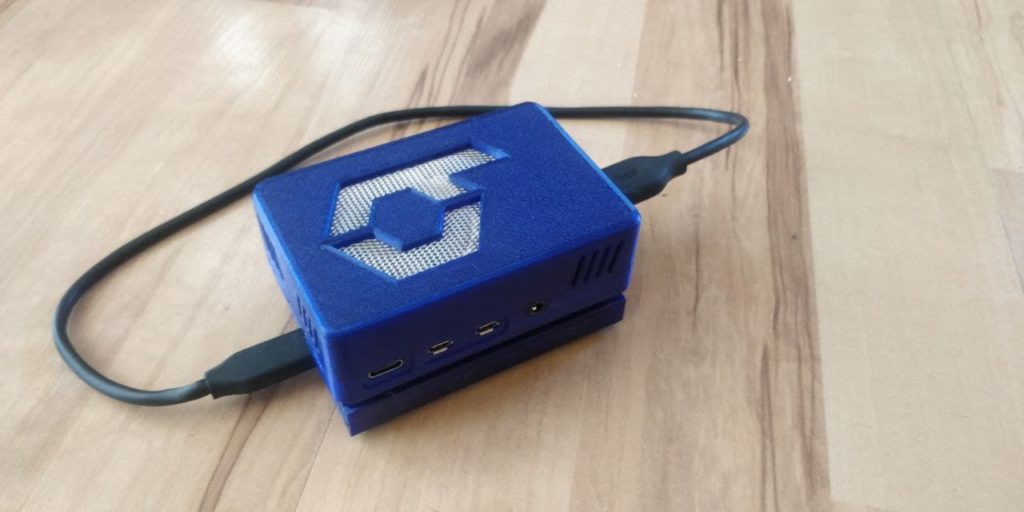
Minting also ensures equal wealth opportunity to the community. You can’t buy influence in Qortal. Unlike Bitcoin, where miners could buy hash power at an extreme cost (at the time of writing, roughly $250,000 a month for a decent shot at a reward); in Qortal, everyone could be a minter just by owning a computer or a Qortector (a device made by Crowetic Hardware to mine QORT).
Another key component to the Qortal voting system to discuss further is developer approval.
By having both community delegation and developer approval, the Qortal governance system not only ensures that the delegated developer’s principles line up with the community’s principles, but it also ensures that the developers know how to write code.
Let’s face it… like many technologies, blockchains are difficult to understand and not just any joe could program a blockchain; who better to vet developers than the existing developers within the community? Since the existing developers already stand for the Cypherpunk values of Qortal, having developer approval in conjunction with the community vote, Qortal builds a capable team to create awesome software that is in sync with the will of the community.
Flexibility, nimbleness is what is needed for truly decentralized blockchains to give us any hope at escaping the throes of the Big Tech Technocracy.
Facebook has just changed its name to Meta. They stated their intentions are to build a MetaVerse, which will be a highly centralized digital universe in 3D, that over time will look and feel like real life.
This is a dystopian vision; a corporate governed world that we may very well spend most of our time within: working, playing, being entertained, etc. Meta will collect and profits off our digital selves, which more and more is becoming a reflection of who we are, and what’s in our imaginations.

Therefore, a truly decentralized blockchain that fairly distributes power to the people is imperative. We cannot stand by and continue to let the Big Tech Technocracy tap a spicket into our attention, and let our consciousness spill out into their data servers (where we are owned).
What’s needed instead is a decentralized CryptoVerse, a place where our imaginations can come to life. A place not controlled by Facebook or Meta (or whatever its new name is). A place created with truly decentralized blockchain governance at its foundation.
We need to remain sovereign not only IRL life, but also in our digital lives. Because so, so many of us spend hours on end in front of screens, life itself has already become primarily digital. In fact, as smart watches and other listening devices become more immersive, a part of us will always be digitally integrated. Therefore, truly decentralized blockchains, like Qortal, providing the equal distribution of power through a decentralized on-chain voting system, and equal wealth opportunity through minting, are essential to freedom.
Thus, truly decentralized blockchains will be the guiding lighthouses to reclaim our sovereign future.
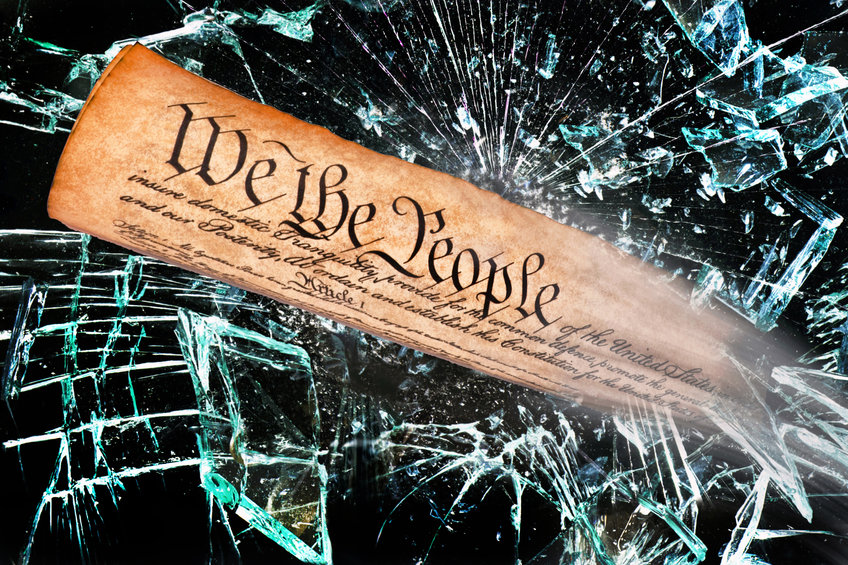

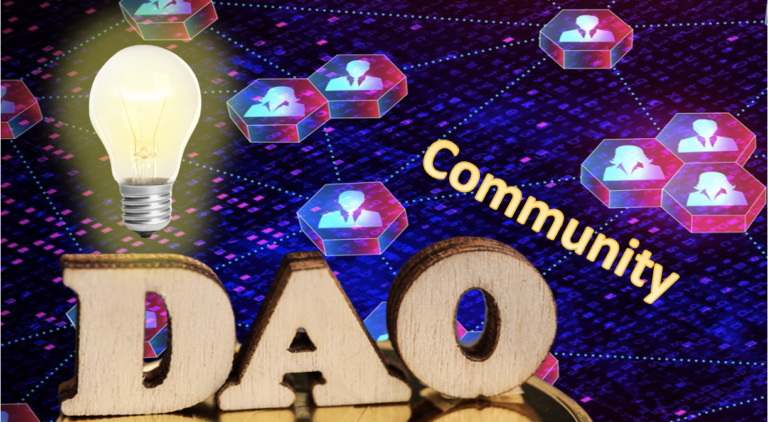
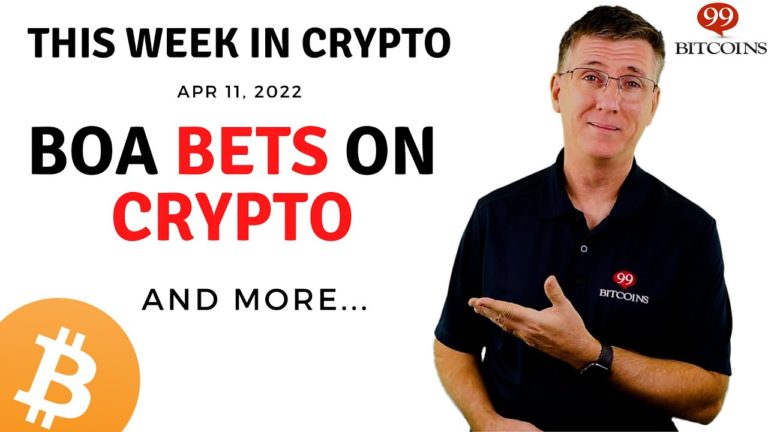
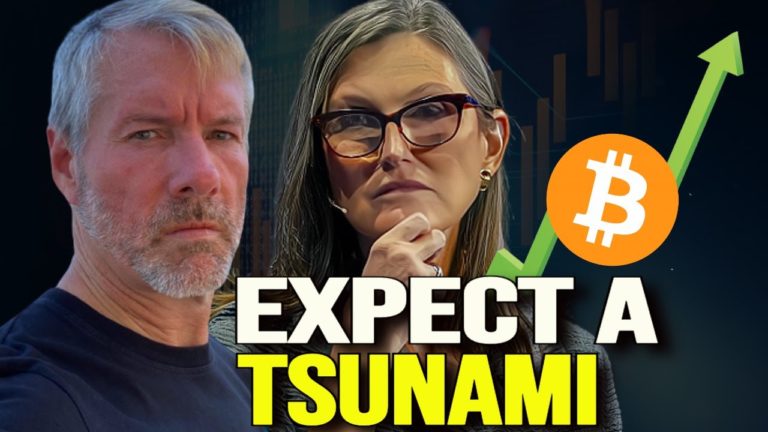



2 thoughts on “Blockchain Governance: Code is the New Law”
Thank you, am very grateful for this info. Looking forward to being a part of the Qortal community!
I would love to see this blockchain process adopted. First we have to take care of the reset. The crypto as we know it now, Ie. Bitcoin or any other is going to be dissolved and it will only take 3 days when the internet goes down. That will destroy crypto mining and probably all wallets. This qortal is the rebuilding process. You’re part of the new greatest generation. You guys keep taking it to the man! It’s a fantastic thing to see and great information. The defiance is contagious with the patriots and lucid thinkers. The reset will happen…but it won’t be successful. We have to make it to the other side. That’s the only focus right now. If you’re not prepped for a long siege..get going!
Later.